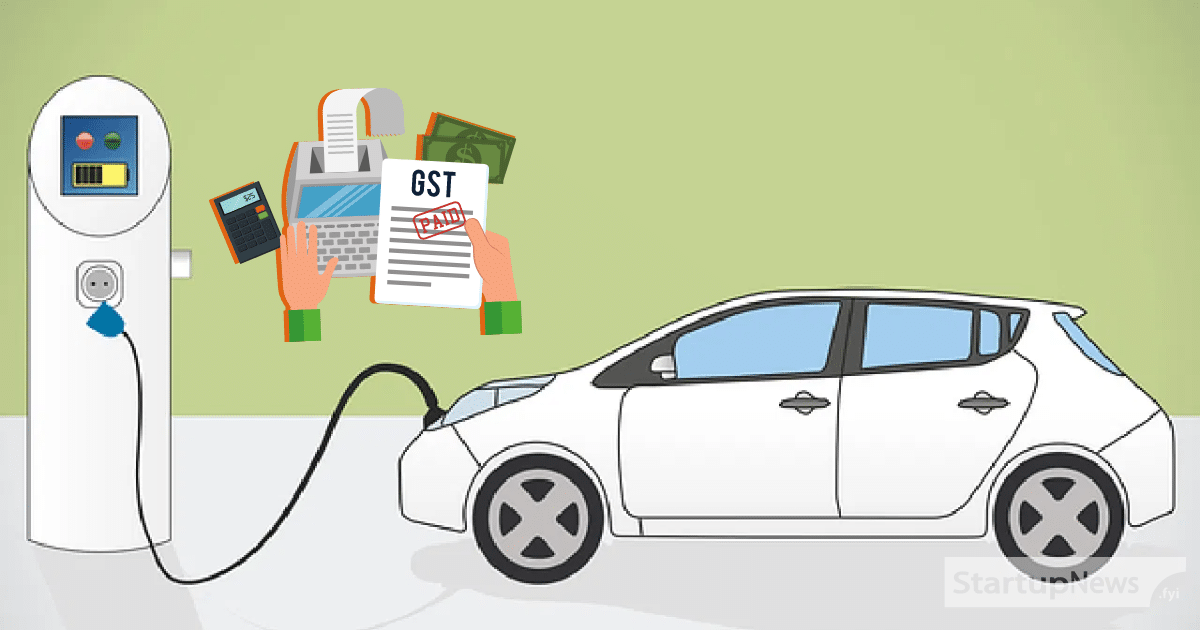The Karnataka Authority for Advance Ruling (ARR) has ruled that charging electric vehicle (EV) batteries at public stations will attract an 18% Goods and Services Tax (GST). Chamundeshwari Electricity Supply Corporation Ltd reached the decision when they sought clarity on setting up public charging stations (PCS) for both two-wheeler and four-wheeler EVs.
Clarity on GST Ambit and Energy Charges
The corporation sought clarification on whether EV battery charging services would fall under the GST ambit. Additionally, they asked if the GST law considers energy charges exempt since they involve the supply of goods, while GST typically levies on service charges.
Charging EVs as a Supply of Service
In response, the ARR clarified that charging EV batteries involves converting electrical energy to chemical energy stored in the battery. No license is required under the Electricity Act since the charging station does not sell electricity to any person, and the consumption occurs within its premises.
18% GST Rate for Supply of Electrical Energy and Service Charges
The ARR determined that the “supply of electrical energy” and “service charges” together constitute a supply of service, which would attract an 18% GST rate. This ruling aims to provide clarity on the tax implications for public EV charging stations.
Meanwhile, India has seen a significant increase in the number of fueling stations offering electric charging facilities, rising from 3,423 in 2022 to 8,853 at the beginning of June. EV registrations have also seen notable growth, reaching 1,57,217 units in May compared to 1,10,997 in April. So far in 2023, the country has registered a total of 6,19,172 EVs. The expansion of public charging infrastructure and rising EV registrations indicate a growing shift towards sustainable mobility solutions in the country.
Also Read The Latest News:
WeChat Pay and Alipay open cashless payment options for foreign visitors in China
Swiggy to integrate AI feature for enhanced user experience



![[CITYPNG.COM]White Google Play PlayStore Logo – 1500×1500](https://startupnews.fyi/wp-content/uploads/2025/08/CITYPNG.COMWhite-Google-Play-PlayStore-Logo-1500x1500-1-630x630.png)